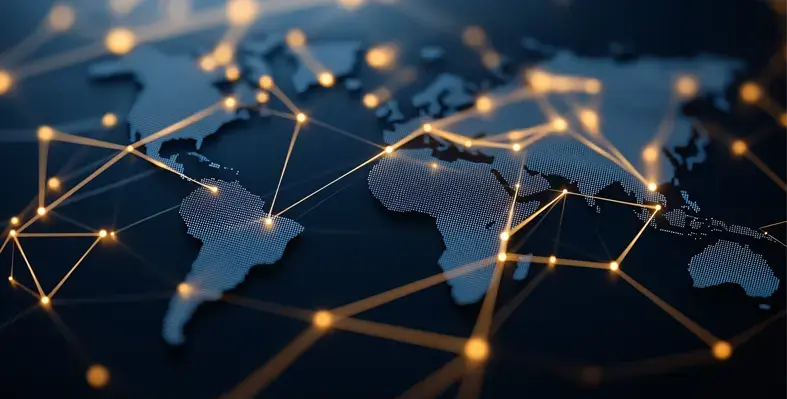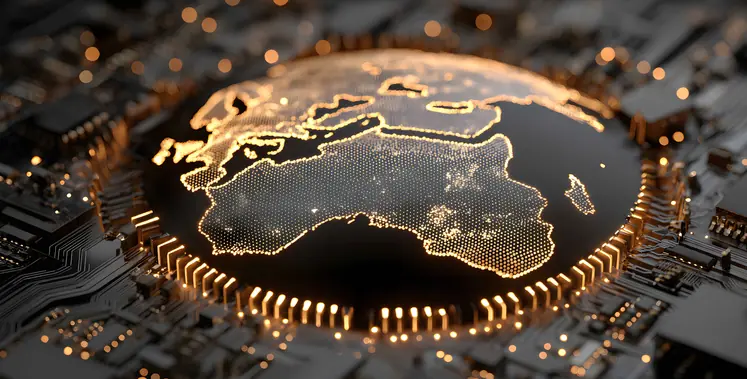The World Bank has approved an initial US$100mn financing (approx. FCFA 62 billion) under the International Development Association to support Togo's efforts to leverage digital technologies for growth, job creation, and sector competitiveness
This investment is part of a broader programmatic initiative aimed at advancing digital inclusion through enhanced broadband connectivity, skill development, entrepreneurship, and climate-resilient technology adoption.
This project will connect around 8,000 public institutions to broadband and provide over one million people with improved Internet access. It also aims to encourage private sector investment to expand connectivity for households and businesses. In partnership with the International Finance Corporation, the initiative will enhance digital skills to improve employability and strengthen the entrepreneurial ecosystem, making it more attractive to institutional investors. Additionally, investments in climate-resilient infrastructure and the development of climate-informed guidelines will boost energy efficiency and support climate change adaptation.
Cina Lawson, Togolese minister of digital economy and transformation, remarked, “This initiative is a game-changer for Togo, as we connect our schools, health facilities, and public institutions to the very high-speed internet, unlocking opportunities for innovation and progress. By empowering our youth with digital skills and fostering an environment for entrepreneurship, we are laying the groundwork for a more competitive and resilient economy.”
Aligned with Togo’s development roadmap and the World Bank’s new country partnership framework, this initiative supports digital transformation as a key driver of inclusive and sustainable growth.
The World Bank resident representative for Togo, Fily Sissoko, stated, “By focusing on digital technologies, we aim to support the Government’s strategy to accelerate the country’s economic transformation, boost productivity and innovation. This will be achieved by connecting health and education facilities to Internet and helping people, especially young people and women, access educational content and develop digital skills and entrepreneurship."






















